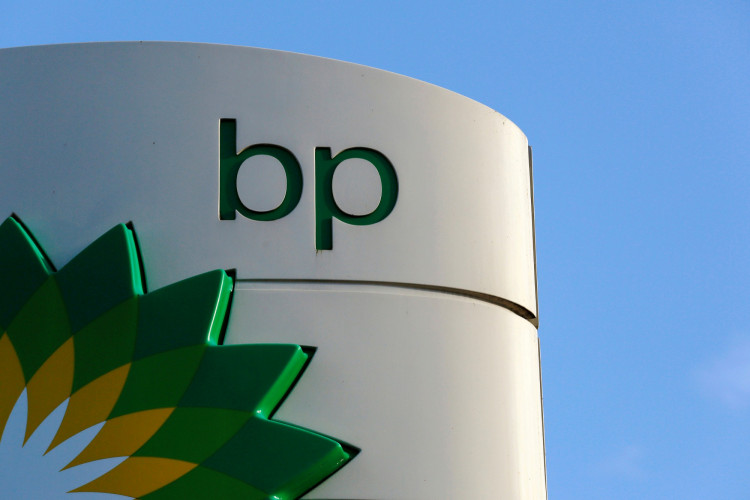BP announced Wednesday that it will increase annual investments in oil and gas to $10 billion through 2027, marking a significant shift away from its previous climate commitments. The company also plans to cut capital expenditures and divest $20 billion in assets by the end of 2027, reinforcing a renewed focus on traditional energy production.
"Today we have fundamentally reset BP's strategy," CEO Murray Auchincloss said in a statement. "We are reducing and reallocating capital expenditure to our highest-returning businesses to drive growth and relentlessly pursuing performance improvements and cost efficiency." He added that the reset would prioritize long-term shareholder value.
As part of its revised strategy, BP will slash investments in low-carbon energy from its previously planned $7.5 billion annually to between $1.5 billion and $2 billion per year. The decision represents a stark departure from the company's 2020 pledge to transition toward a net-zero business model, a promise that has been increasingly diluted amid financial pressures.
BP's shift toward fossil fuels comes as it faces mounting criticism from investors over its financial underperformance. While competitors like Shell and ExxonMobil have seen their market values rise, BP's stock price has declined nearly 25% over the past two years. Analysts view this week's investor day as a critical moment for BP leadership to reassure shareholders about the company's direction.
Activist hedge fund Elliott Management has increased pressure on BP in recent months, building a stake valued at nearly £3.8 billion ($4.8 billion). The firm is widely expected to push for structural changes at BP, including potentially breaking up the company to unlock shareholder value.
BP has also announced plans to cut debt from $23 billion to between $14 billion and $18 billion by 2027. The company intends to achieve this by selling assets, potentially including its Castrol lubricants business, a portion of its retail service station network, and its solar power subsidiary Lightsource BP.
The company's retreat from renewables has drawn sharp criticism from environmental groups and sustainability-focused investors. "This move by oil giant BP clearly demonstrates why super-rich corporations and individuals, chasing short-term profit for themselves and shareholders, cannot be trusted with fixing the climate crisis," said Matilda Borgström, a campaigner at climate action group 350.org.
BP was one of the first oil majors to announce a net-zero strategy in 2020, promising a 40% reduction in emissions by 2030. That target was quietly revised to a 20-30% cut in February 2023, as the company cited the need to continue investing in fossil fuels to meet global demand.
Lindsey Stewart, director of investment stewardship and policy at Morningstar Sustainalytics, said the latest strategy shift would be "shocking but not surprising" to sustainability-focused investors. "BP's underperformance compared with peers has created pressure for management to focus on financial sustainability rather than ecological sustainability," he said.
The changes come as BP aims to ramp up oil and gas production significantly. By 2030, the company now expects to produce approximately 2.4 million barrels per day-60% higher than the target it set just five years ago under former CEO Bernard Looney. Auchincloss confirmed that BP will focus on strengthening its traditional energy portfolio by launching 10 large-scale fossil fuel projects by 2027, with up to 10 more planned by the decade's end.




